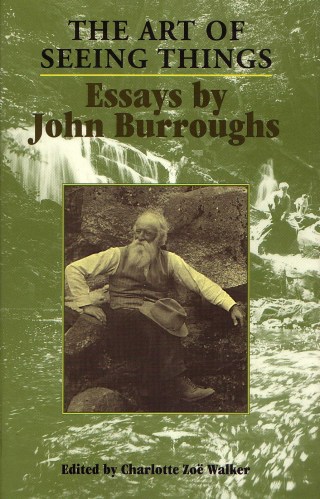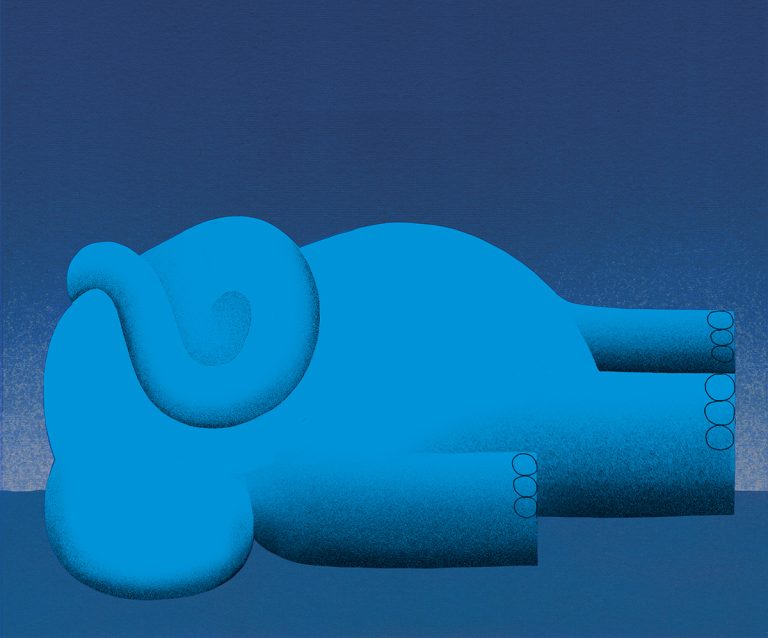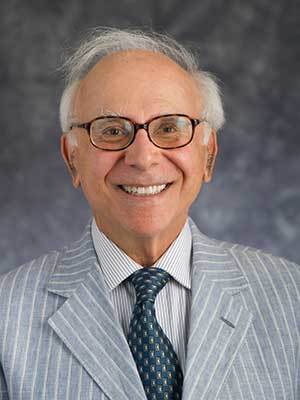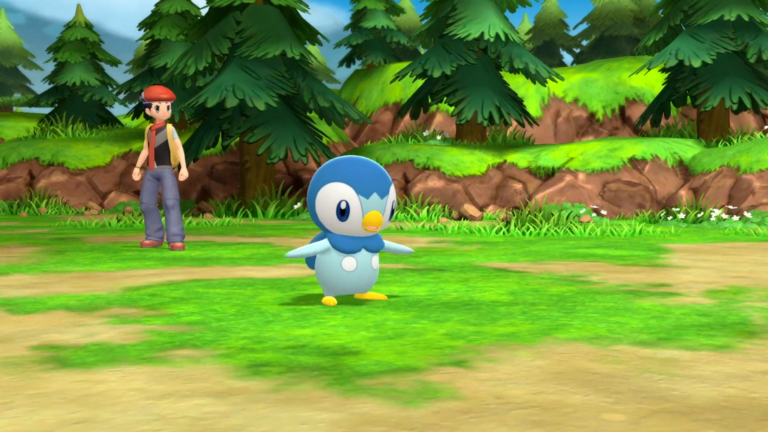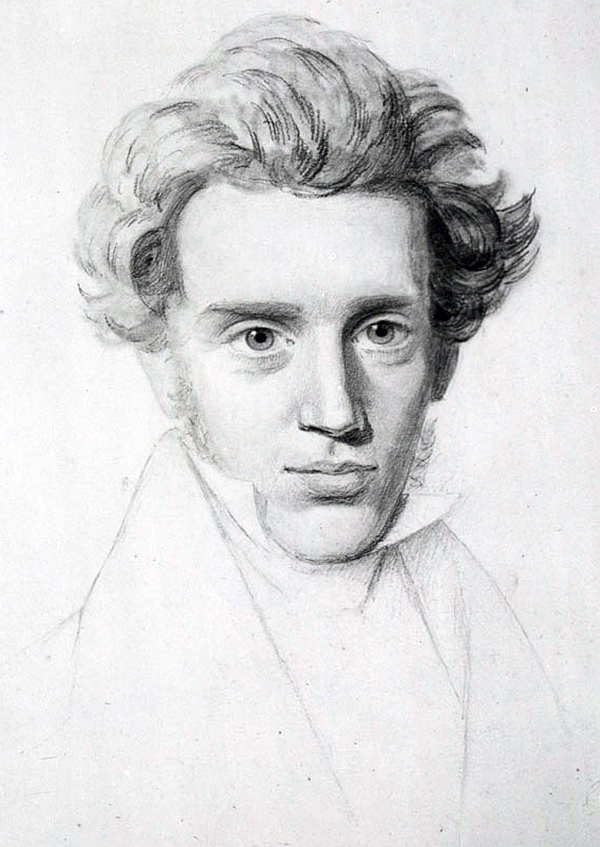
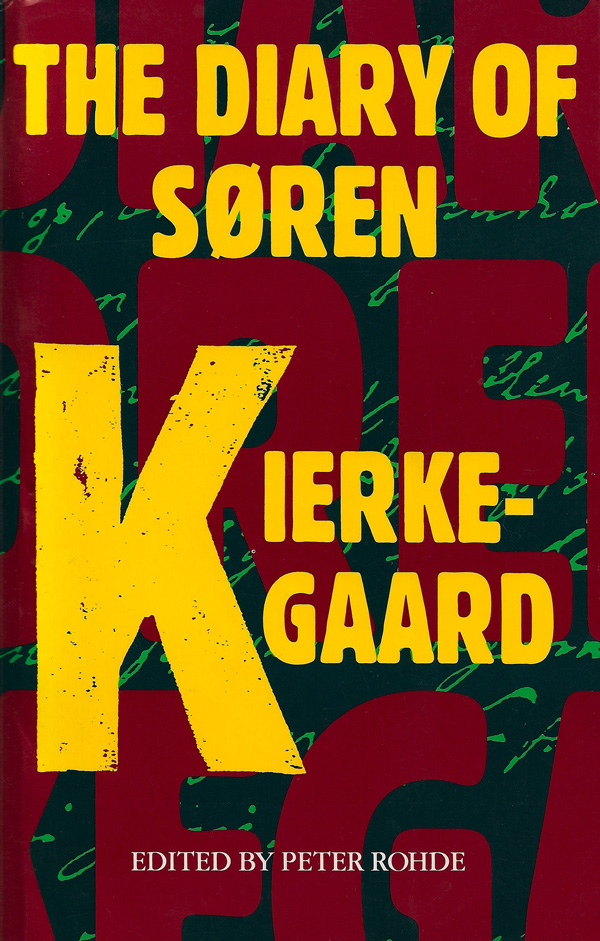
All of our creative work is our coping mechanism for life. Art is just what we call our instruments of self-salvation. It may touch other lives, salve and save them even, but it is always at bottom a private lifeline.
Like Scheherazade who saved her life by telling fairy tales, so I save my life or keep myself alive by writing.
But within a year, he was already finding his calling in his incubus:
In a passage of extraordinary self-awareness, cognizant that acts of egotism and self-flattery can often masquerade as altruism, he adds:
I am, in the deepest sense, an unhappy individual who since my earliest days have been nailed fast to some suffering close to insanity.
Writing in his early twenties in what became The Diary of Søren Kierkegaard (public library), he observes with cool remove the overtone of his life:
A year later, he recognizes that in helping others, he is also helping himself — not as an end but as a salutary byproduct, the way all acts of generosity bring their own gift to the giver:
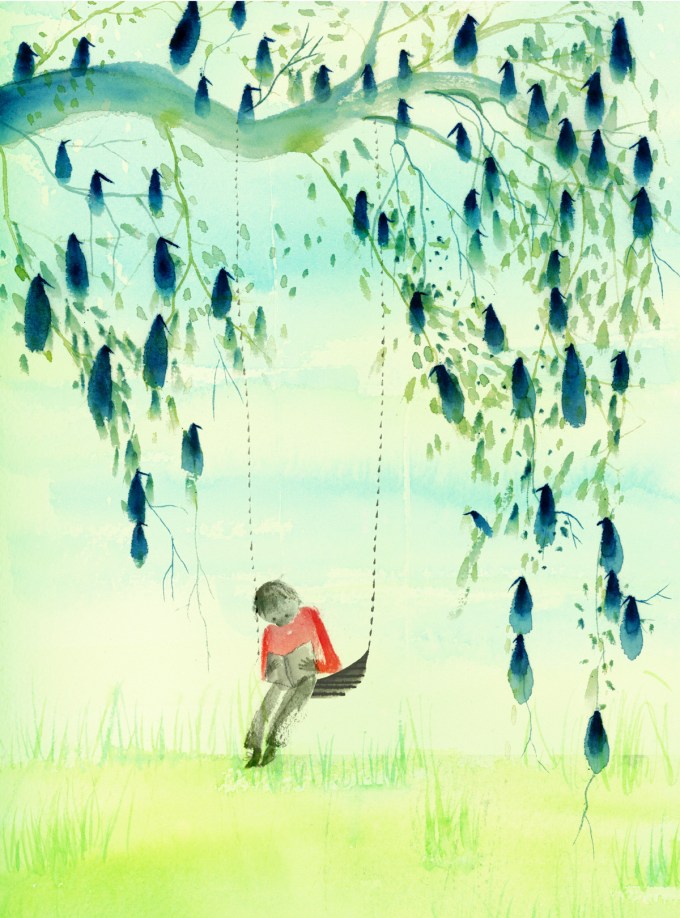
Søren Kierkegaard (May 5, 1813–November 11, 1855) had barely set foot into his twenties when he began arriving at this recognition in his own life and work. Since childhood, he had seen his melancholy as an “awful secret” he had to conceal “under the cloak of an outward existence of exuberance and gaiety.” By the end of his adolescence, the cloak had grown all the thicker as his melancholy grew all the deeper.
But… in all humility to do something good to make up for my shortcomings, I have been especially vigilant that my efforts should not be tainted with self-seeking vanity and, above all, that I served Thought and Truth in such a way as not to derive any secular and temporal advantages therefrom. Therefore I know, in all good conscience, that I have worked with true resignation.
I have succeeded in turning a somersault into the realm of pure spirit where I now live. But that, in turn, made me absolutely heterogenous with ordinary humanity.
I have conceived of myself as intent upon standing up for the Ordinary — in a bungled and demoralized age — and making it lovable and accessible to all those of my fellow-creatures who are capable of realizing it, but who are led astray by the times and who chase after the Un-Common, the Extra-Ordinary. I have understood my task to be like that of a person who himself has become unhappy and therefore — if he loves human beings — particularly desires to help others who are capable of realizing happiness.
Complement with the young poet Anne Reeve Aldrich’s extraordinary letter to Emily Dickinson about how to bear your suffering and Marcus Aurelius on the Stoic strategy for turning suffering into strength, then revisit Kierkegaard on the power of the minority, the power of music, why haters hate, our greatest source of unhappiness (and what to do about it), and the only true cure for our existential emptiness.

